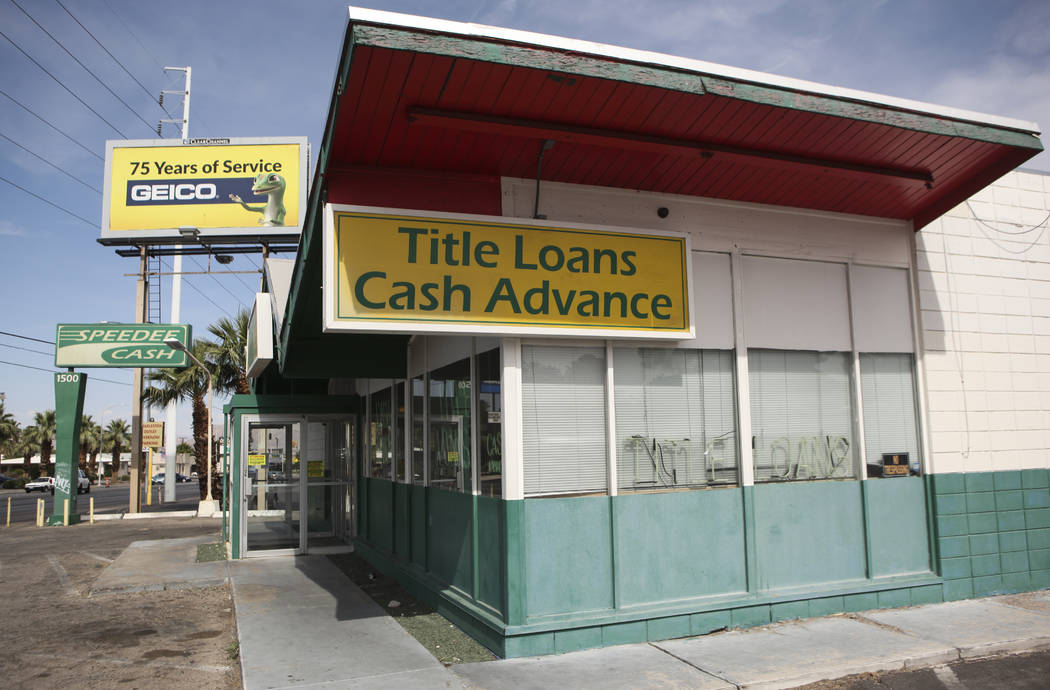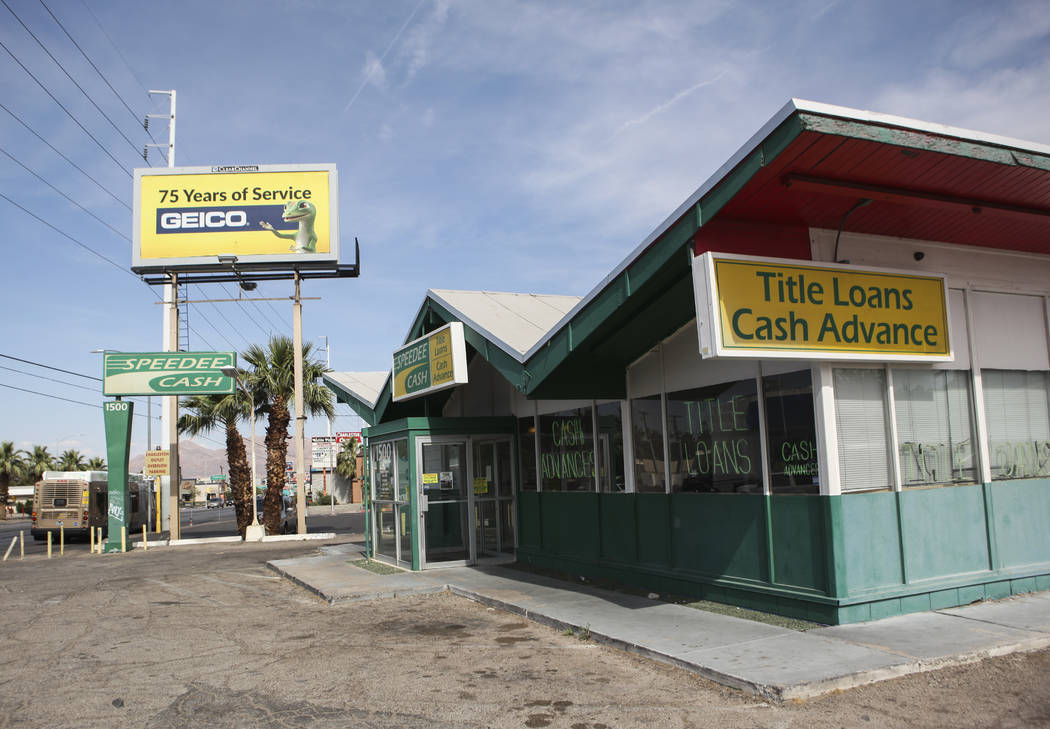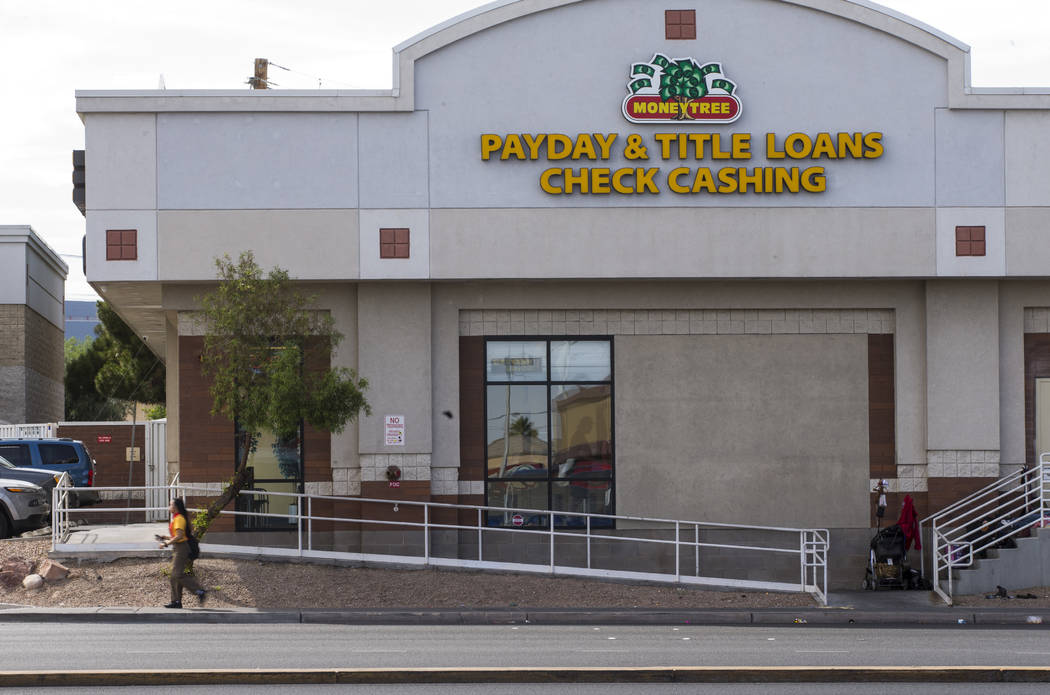Nevada lawmakers want to create payday loan database




CARSON CITY — Nevada officials want a better way to track and understand how the payday loan industry works in the state.
Assembly Bill 515 would create a confidential database of payday, high-interest and title loans done in Nevada. The idea is to create data, without the names of people receiving loans, that will better help the state get a sense of the industry’s activities.
The bill was heard Monday in the Assembly Government Affairs Committee which took no action on the bill. It is exempt from deadlines and an emergency request from the speaker.
“It’s a good first step,” said Assemblywoman Heidi Swank, D-Las Vegas, who is sponsoring the bill with Assembly Speaker Jason Frierson, D-Las Vegas.
Swank’s presentation outlined concerns with the payday loan industry, which is frequently criticized for high-interest lending practices that Swank said are “designed to put borrowers on a debt treadmill indefinitely.”
Under the bill, licensed lenders would enter loan information into the database.
Swank stressed the bill does not hinder the industry. “It does not limit access to payday lenders at all,” she said.
George Burns, the state commissioner of Financial Institutions, said the database could help the state identify trends and understand what’s going on in the industry.
“Any information that can be complete and accurate is an integral tool to us to be able to properly regulate this industry,” Burns said.
Lobbyists for the lending industry testified against the measure, citing concerns about a private vendor collecting a government fee that would be charged per loan.
Keith Lee, a lobbyist with the title loan industry, told lawmakers that title loans are different from payday loans and already provide the state information because liens are recorded with the Department of Motor Vehicles for each loan.
Contact Ben Botkin at bbotkin@reviewjournal.com or 775-461-0661. Follow @BenBotkin1 on Twitter.
About payday loans
- 69 percent of first-time borrowers get a payday loan of about $375 for routine expenses like rent, food and utilities.
- Loans are usually for a two-week period, and then the principal and all fees are due from the borrower’s next paycheck. Borrowers who can’t pay back the loan can roll it forward by paying the fees again, which are about $75.
- Annual interest rates are about 500 percent.
Source: Presentation of Assemblywoman Heidi Swank, D-Las Vegas.












